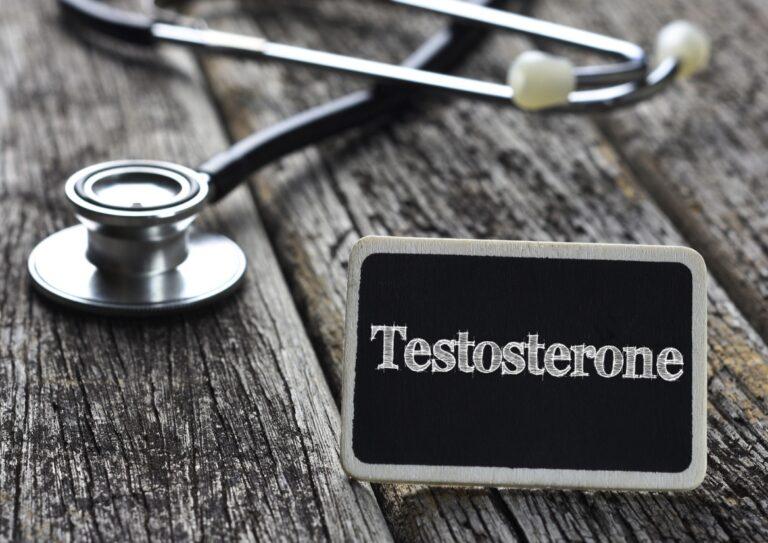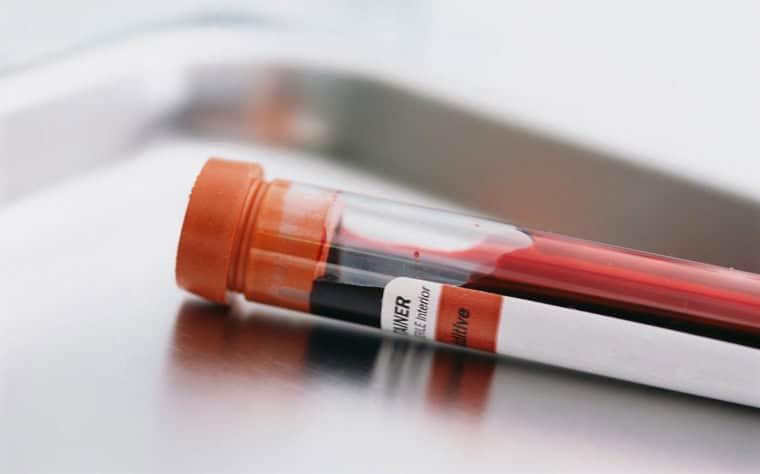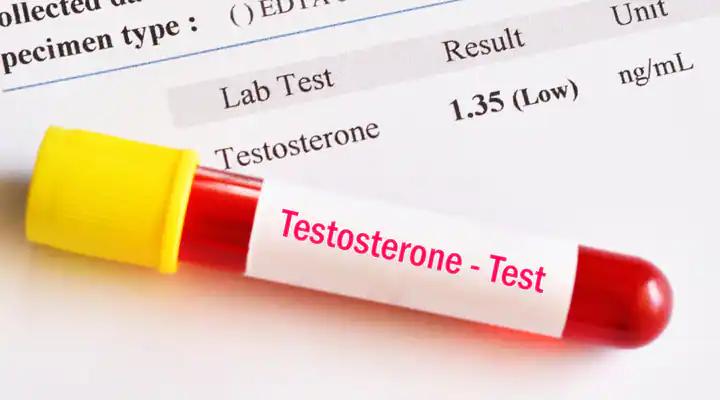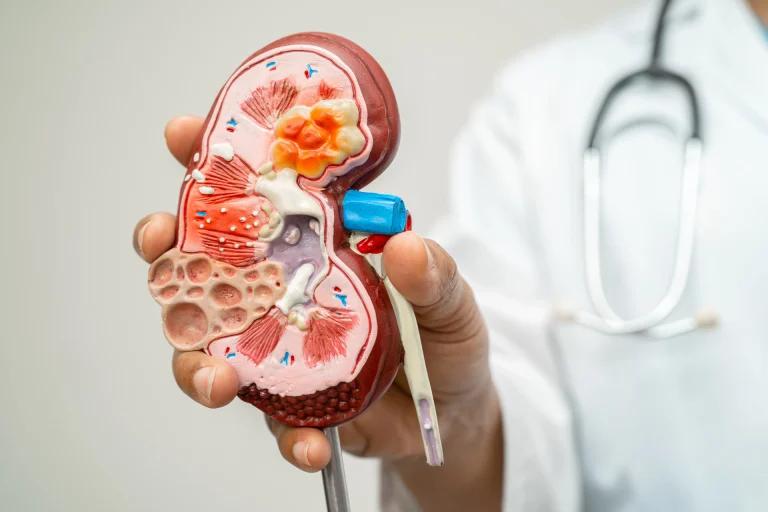
October 15, 2025 (Current Version)
March 28, 2025
Testosterone replacement therapy, commonly known as TRT, has gained significant attention in recent years. As men age, their testosterone levels naturally decline, leading to various symptoms that can affect their quality of life. TRT has emerged as a potential solution to address these issues, offering hope to those experiencing the effects of low testosterone.
However, questions about the safety of TRT continue to be raised. This article aims to explore the truth behind testosterone replacement therapy, examining its uses, safety and long-term effects.
Why TRT?
Testosterone replacement therapy (TRT) has become a potential solution for men experiencing symptoms of low testosterone levels.
Symptoms of low testosterone
Testosterone deficiency has a range of symptoms that can affect quality of life. These symptoms can vary in severity and may include:
- Reduced sex drive and erectile dysfunction
- Decreased muscle mass and strength
- Increased body fat
- Fatigue and low energy levels
- Mood changes, including irritability and depression
- Difficulty concentrating and memory issues
- Loss of body and facial hair
- Decreased bone density
It’s important to note that these symptoms can be nonspecific and may overlap with other health conditions or natural ageing processes.
Diagnosing hypogonadism
Diagnosing hypogonadism, the medical term for low testosterone involves a combination of clinical assessment and laboratory testing. Healthcare providers consider the following factors:
- Presence of symptoms associated with low testosterone
- Blood tests to measure testosterone levels
- Physical examination
The American Urology Association considers total testosterone levels below 300 nanograms per deciliter (ng/dL) to be low. However, some experts suggest that levels below 250 ng/dL may be more indicative of hypogonadism.
Age-related testosterone decline
As men age, their levels of testosterone naturally decrease. This decline typically begins around the age of 40-50 with an estimated 1% decrease per year after age 30 or 40. However, it’s crucial to work out if this low level is a normal age-related decline or hypogonadism.
Late-onset hypogonadism (LOH) is a condition where ageing men experience low testosterone levels combined with specific symptoms. The European Male Aging Study defines LOH as total testosterone levels below 300 ng/dL along with at least three sexual symptoms, such as decreased morning erections, erectile dysfunction, and reduced sexual thoughts.
It’s worth noting that the prevalence of low testosterone varies depending on the criteria used. Studies have shown that while a significant percentage of men may have low testosterone levels, a smaller proportion experience symptoms that warrant treatment.
Safety considerations for different testosterone supplementation
There are various forms of testosterone, each with its safety considerations. Healthcare providers must carefully evaluate the risks and benefits for each patient before recommending a specific method.
Injections
Intramuscular injections of testosterone are a common form of TRT. They typically involve long-acting testosterone esters administered every 2 to 3 weeks. However, this method can lead to fluctuations in testosterone levels, potentially affecting mood, energy, and sexual function. A newer option, testosterone undecanoate, allows for injections at intervals of up to 3 months, providing more stable hormone levels.
Injection-related risks include:
- Pain or bleeding at the injection site
- Potential complications for patients on anticoagulants
Gels and patches
Transdermal (absorbed through the skin) testosterone products such as gels and patches, offer a more consistent hormone level over 24 hours. These methods aim to mimic natural testosterone levels found in healthy men (300 to 1000 ng/dL).
Safety considerations for gels and patches include:
- Skin reactions, particularly with patches
- Risk of testosterone gel transferring to partners or children
- Potentially higher elevation of serum dihydrotestosterone (DHT) compared to injections
Pellets
Subdermal testosterone pellets provide a long-acting option, lasting 4 to 7 months. They deliver a steady-state, zero-order release of testosterone.
Key considerations for pellets:
- Require a minor surgical procedure for implantation
- Risk of infection at the insertion site
- Possibility of pellets dislodging
- Difficulty in adjusting dosage once implanted
Oral Medications
Oral testosterone preparations are available but come with significant concerns:
- Potential liver toxicity, including the risk of benign and malignant neoplasms
- Higher cardiovascular risk compared to other TRT methods
Healthcare providers generally advise against using oral 17-alpha-alkylated androgens due to these risks.
Regardless of the method chosen, all forms of TRT require careful monitoring for potential side effects such as polycythemia, prostate enlargement, and changes in PSA levels. Regular follow-ups and blood tests are essential to ensure the safety and efficacy of the treatment.
Long-term effects of testosterone replacement therapy
Impact on prostate health
Testosterone replacement therapy (TRT) has been a subject of concern regarding its potential impact on prostate health. Evidence suggests that there is no increased risk of prostate cancer with TRT in men with or without a history of the disease. In fact, a large nested case-control study involving over 230,000 men demonstrated no overall increase in prostate cancer risk among those who received TRT. Interestingly, TRT was associated with a lower risk of aggressive prostate cancers, balanced by an early increase in favourable-risk prostate cancer diagnoses.
Cardiovascular outcomes
The relationship between TRT and cardiovascular health has been a topic of debate. While some observational studies have reported increased cardiovascular risks in men receiving testosterone prescriptions, these findings have been questioned due to methodological limitations. A meta-analysis of 75 placebo-controlled studies found no evidence of increased cardiovascular risk with TRT. In fact, many studies have indicated that low serum testosterone concentrations are associated with increased cardiovascular risk and mortality, suggesting that TRT may have clinically relevant cardiovascular benefits. However, it’s important to note that long-term, large-scale randomised clinical trials are still needed to provide definitive conclusions about TRT and cardiovascular risk.
Bone density and muscle mass
TRT has shown positive effects on bone mineral density (BMD) in hypogonadal men. Studies have demonstrated that long-term testosterone treatment can maintain BMD within the age-dependent reference range, regardless of the type of hypogonadism. The most significant increase in BMD is typically seen during the first year of treatment, especially in previously untreated patients with low initial BMD. TRT has also been associated with improvements in muscle mass and strength, which can contribute to overall physical function and quality of life in aging men.
Cognitive function
The impact of TRT on cognitive function in aging men has yielded mixed results. Some studies have shown improvements in various cognitive domains, including attention, executive function, and memory, particularly in men with low baseline testosterone levels. However, the relationship between testosterone levels and cognitive performance appears to be complex and potentially nonlinear. While TRT may offer cognitive benefits to some men, especially those with hypogonadism or mild cognitive impairment, more research is needed to fully understand the long-term effects of TRT on cognitive function and its potential role in age-related cognitive disorders.
Conclusion
Testosterone replacement therapy has emerged as a potential solution for men struggling with the effects of low testosterone levels. This article has shed light on the indications for TRT, safety considerations for different methods, and its long-term effects. While TRT can have a positive impact on various aspects of men’s health, including bone density, muscle mass, and potentially cognitive function, it’s crucial to weigh the benefits against potential risks.
Sources
- Testosterone Deficiency Guideline – American Urological Association
- Testosterone therapy: Potential benefits and risks as you age – Mayo Clinic
- Testosterone replacement therapy.pdf
- Testosterone replacement therapy : (TRT) :: North Cumbria Integrated Care
- The benefits and risks of testosterone replacement therapy: a review – PMC
- Testosterone-replacement-in menopause.pdf
Medical Disclaimer
NowPatient has taken all reasonable steps to ensure that all material is factually accurate, complete, and current. However, the knowledge and experience of a qualified healthcare professional should always be sought after instead of using the information on this page. Before taking any drug, you should always speak to your doctor or another qualified healthcare provider.
The information provided here about medications is subject to change and is not meant to include all uses, precautions, warnings, directions, drug interactions, allergic reactions, or negative effects. The absence of warnings or other information for a particular medication does not imply that the medication or medication combination is appropriate for all patients or for all possible purposes.










